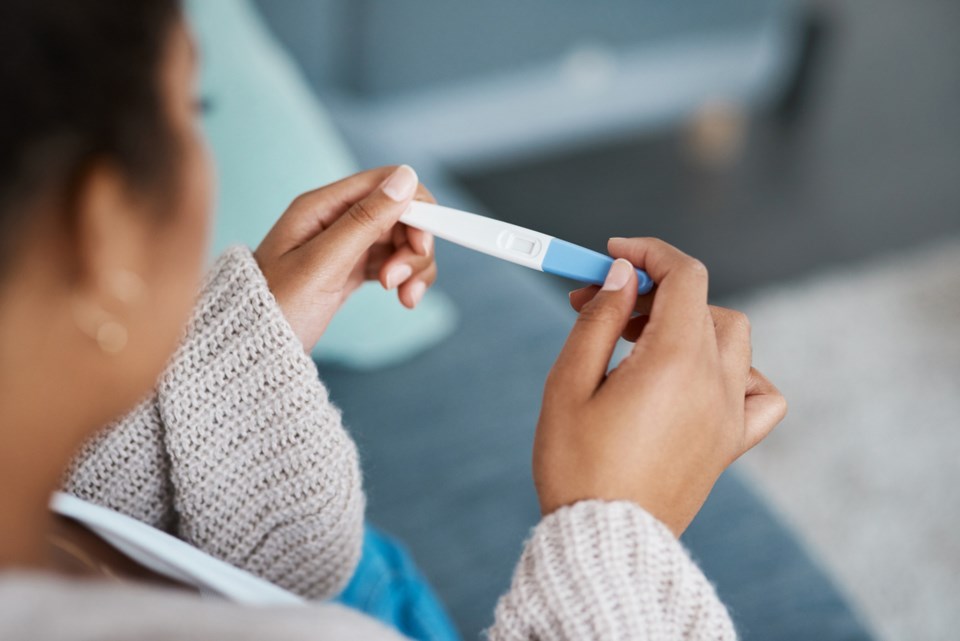Seeing that blue line on the pregnancy stick can be one of life’s most exciting moments. But, with a positive pregnancy test comes worries about the health of the developing baby. Fortunately, there are tests available that can give you reassurance and information about your pregnancy.
The most accurate test of the baby’s genetic health is called an amniocentesis--a test that involves using a needle to withdraw a small amount of amniotic fluid from the pregnant woman’s uterus. An amniocentesis is not available until after 15.5 weeks of pregnancy and has a small risk (~1/200) of miscarriage. Amniocentesis is typically only offered in pregnancies with a high risk for a genetic disorder.
1. What is the most accurate non-invasive test?
Non Invasive Prenatal Testing (NIPT) is a safe and highly accurate screening test that can be done as early as 10 weeks.
It is performed by taking a blood sample from the mother to analyze the DNA from the developing pregnancy. Testing DNA increases the accuracy (the detection rate for Down syndrome is >99%) and does not have the high rate of false positives and negatives that other common prenatal screening tests have.
2. What does NIPT screen for?
NIPT measures the pregnancy’s DNA (which is floating in the mother’s blood) to look for the correct number of certain chromosomes. When a baby has three copies of a chromosome instead of the usual two, this is called a trisomy.
NIPT is used to screen for:
- Trisomy 21 (Down syndrome)
- Trisomy 18 (Edwards syndrome)
- Trisomy 13 (Patau syndrome)
- Sex Chromosome conditions (X, XXX, XXY, XYY)
- Fetal Sex (can inform patients if they are having a female or male pregnancy)
3. How do I decide if I should get tested?
Before embarking on the process of prenatal screening, it is good for individuals to ensure they understand the scope of the test, including what it can and cannot test for, and to think about what they would do with that information.
Meeting with a genetic counsellor can be very helpful as the counsellor will take the time to discuss family and medical histories, review basic genetics, and go over the test options in detail. Genetic counsellors can help patients make informed decisions and ensure that they understand the results.
In most cases, NIPT is very reassuring because most women who have the test will have a low-risk result. Many patients express relief having this information so early in the pregnancy.
4. Is NIPT covered by MSP?
Despite being considered by many medical experts as the best prenatal screening test available, NIPT is not currently covered by MSP, unless the pregnancy is considered high-risk and meets specific criteria.
Some places include genetic counselling in their fees, which is an important advantage.
5. Where can I get NIPT?
Women who qualify for MSP-funded NIPT can be referred to Medical Genetics in Victoria or Vancouver for genetic counselling and testing.
offers NIPT with genetic counselling for both high and low-risk women. Some family physicians and prenatal care providers also offer NIPT but do not include genetic counselling.

How to book an appointment
Olive Fertility Victoria offers patients the option to book a same-day, no-fee, virtual referral appointment The referral will be automatically sent to Olive Fertility and a member of our intake team will contact you shortly thereafter to book your fertility appointment.



